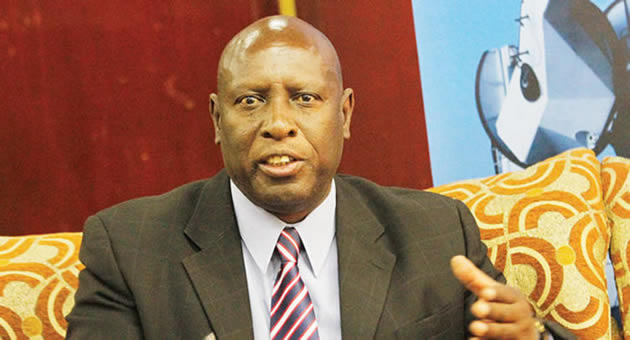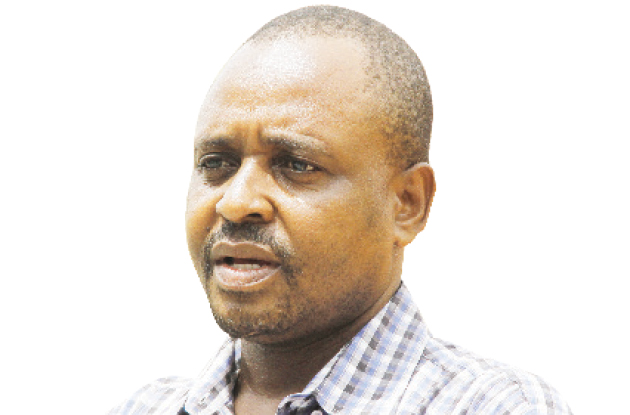Power cuts: mines plead for mercy

Golden Sibanda Harare Bureau
MINING firms, through their umbrella body, have implored power utility, Zesa Holdings, to spare them on the planned drastic increase in power cuts to prevent the potential unbearable economic cost of such action.
Chamber of Mines chief executive Isaac Kwesu said in an interview that Zesa should consider prioritising supply to industry, especially mining, to avoid potential loss of jobs, closure of mining companies, scaling down of production and missed projected growth targets.
He said that there is direct positive correlation between power supply and production, meaning “without power you can’t produce,” which negatively impacts mines and economic growth targets.
This comes as Energy and Power Development Industry Minister Samuel Undenge said major mining firms and other huge users of power, due to the power deficit, needed to cut consumption by up to 25 percent.
Zimbabwe, which requires about 2,200 megawatts at peak period of demand against current generation potential of 900MW to 1,200MW, is mulling cutting consumption by heavy users to contain the deficit.
Among the major firms to be affected will be the country’s biggest and second largest platinum producers Zimplats and Mimosa, respectively, Unki, Zim-Alloys, Afrochine and Sable Chemicals, which is the country’s sole manufacturer of ammonium nitrate fertilizers.
As such, fears abound that the reduction in power supplies, for equitable redistribution of the key economic enabler across all sectors including households, will come at a huge cost to mines and the economy.
The Chamber of Mines of Zimbabwe estimates that mining accounts for an average 16 percent of Zimbabwe’s gross domestic product, marginally behind agriculture at about 17 percent, and in excess of 60 percent of the country’s annual export earnings.
Zimbabwe exported about $2 billion worth of minerals last year; significantly more than the country’s cumulative exports bill of $3,5 billion.
Cutting power supplies could therefore spike lingering prospects of growth for the sector and the economy. The government revised economic growth rates down to 1,5 percent from 3,2 percent due to the impact of drought on agriculture.
Already, the mines representative body has forecast significantly lower growth in gold mining, in light of the plunge in gold prices, compared to July projections by Finance Minister Patrick Chinamasa. Gold and platinum account for over half of Zimbabwe’s mineral exports.
Kwesu yesterday pleaded with the government and power utility Zesa Holdings to prioritise industry, especially mining companies, in light of the planned 25 percent reduction in power supply, saying this would result in even lower than revised growth targets and loss of jobs.
He said mining companies might be forced to cut working hours, wages and production by 25 percent to cut costs and break even in order to survive, which would also result in loss of revenue for the country.
The announcement by Minister Undenge came when Zesa had earlier promised to spare the mining industry from power cuts due to its disruptive and potential costly impact to the economy, as mining was designated anchor of the stuttering economic growth in the short to medium term.
“It means working hours would be cut by 25 percent because workers would be working 75 percent of the time they used to work and would go home where electricity would be available, but they’ll not have the money to pay for that electricity. So, there is need to look at the reallocation model and its efficiency,” Kwesu said.
The CoMZ CEO said if there was economic justification in the measures mooted by Minister Undenge, hopefully, there has been sufficient due diligence in terms of prioritising the implications of such intervention.
“We’re still to understand it. We need to revisit and understand the motive of the reallocation, maybe there is justification in it.
“The impact of this is that we’ll not be able to meet targets and it means we’ll also not be able to generate money for the country.
“We hope that the extreme negative will not happen,” said Kwesu.











Comments